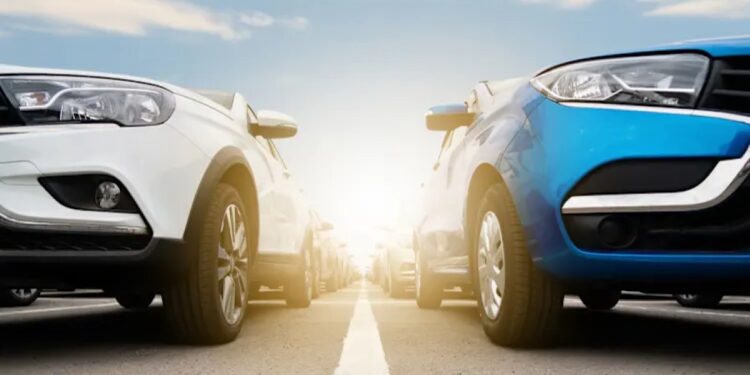For the U.S. auto industry, if not the global one, 2024 kicked off with media headlines celebrating the “renaissance” of hybrid vehicles. This came as many drivers embraced a practical, midway approach between completely abandoning gas-powered vehicles in favor of fully electric ones.
Now that the year is about to end, and the future of tax incentives supporting electric vehicle (EV) purchases is highly uncertain, it seems the hybrid renaissance still has many bright days ahead. Automakers have heard consumer demands and worked on improving the quality and reliability of hybrid vehicles, according to the Consumer Reports (CR) year-end survey.
The survey gathered data from owners of about 300,000 vehicles of the 2022 to 2024 model years. It found many hybrid vehicles stand out as the most reliable vehicles offered on the market. And as a category, hybrids are now considered by drivers to be as reliable as non-hybrid gas cars.
Please enable Javascript to view this content
The survey covers 20 potential problem areas, including engines, transmissions, electric motors, leaks, and infotainment systems.
“Today’s hybrids deliver reliability that is similar to conventional gas cars despite their added complexity,” says Jake Fisher, senior director of Consumer Reports’ Auto Test Center.” CR’s tests have shown that they’re also often quieter, quicker, and more pleasant to drive than their gasoline-only counterparts.
Consumer Reports says the best hybrids available come from Honda, Hyundai, Kia, Lexus, and Toyota, and have all earned top reliability scores across several categories.
Fully hybrid vehicles combine a gas engine, battery, and electric motor for improved fuel economy, compared with regular gas-engine vehicles. And a key advantage over electric vehicles is that hybrid drivers don’t have to worry about searching for available EV chargers.
That being said, EVs have also gained in consumer appreciation in terms of reliability. Drivers surveyed by Consumer Reports still found EVs from the past three model years to have 42% more problems than gas-only cars. But that’s a significant improvement from last year’s survey when EVs were found to have 79% more problems than gas-only cars.


